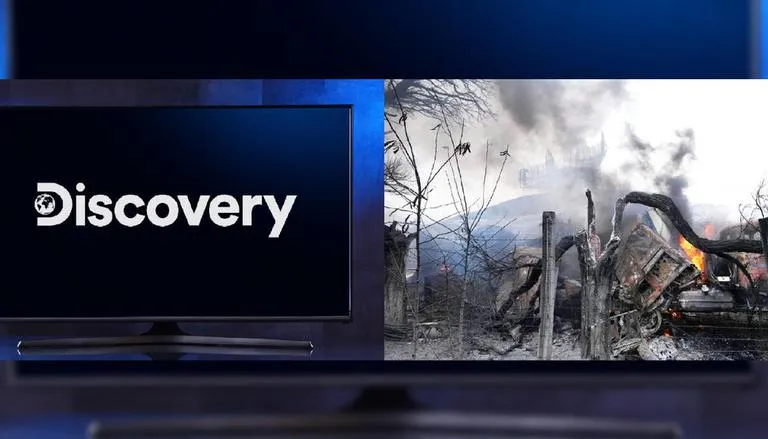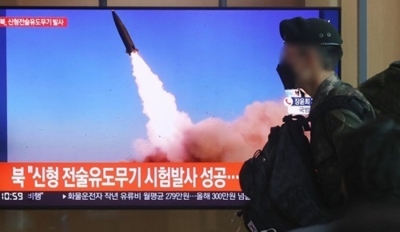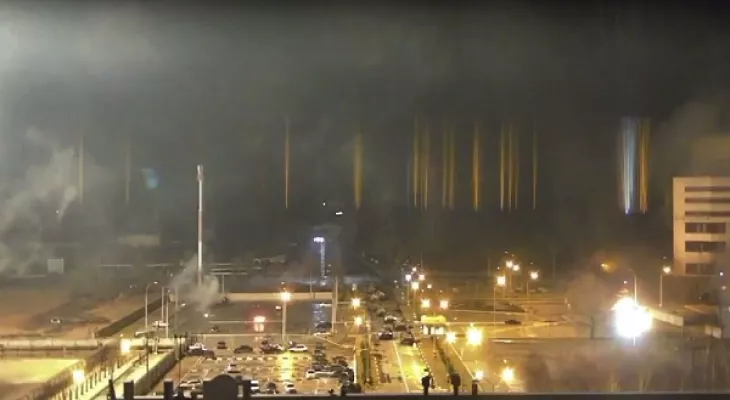Discovery Suspends Operations In Russia, 15 Channels Go Off Air

The business joins a growing number of media companies that are turning their backs on Russian operations. CNN, which also operates through the same joint venture, stopped broadcasting from within Russia following a new media law passed last week that criminalises the publication of “false information” about Russia’s military, reports variety.com.
Under the new law, journalists who call the war a “war” could be prosecuted and sentenced to prison. The BBC also suspended its journalism from Russia following the announcement of the new censorship law, although it U-turned on its decision on Tuesday and has now resumed reporting.
A spokesperson for Discovery told Variety: “Discovery has decided to suspend the broadcast of its channels and services in Russia.”
Sources indicate that the move boils down to concerns over media censorship — Discovery is a major news player in Europe via its ownership of Poland’s largest news channel, TVN24 — as well as the ongoing war in Ukraine.
Discovery operates in Russia through Media Alliance, a joint venture with the country’s powerful National Media Group, which owns Russia’s largest broadcaster, the pro-Kremlin Channel One, and pay-TV company Viasat. Media Alliance is the Russian distributor of the Discovery and Turner portfolio of pay-TV channels in the market.
Around 15 channels will be suspended from Wednesday. Variety understands that 65 staff are affected. They were informed of the suspension on Wednesday morning.
The larger question, however, is what will become of Media Alliance in the coming weeks. Sources indicate that Discovery lawyers are looking closely at the terms of the joint venture, and a potential exit could be on the cards in the near future.
Discovery joins a host of media outfits that are putting their business in Russia on ice — at least temporarily. On March 6, Netflix revealed that it is suspending its service to protest the country’s full-scale invasion of Ukraine.
It had recently refused to carry 20 Russian free-to-air propaganda channels that it was required to host under a new Russian TV law.






